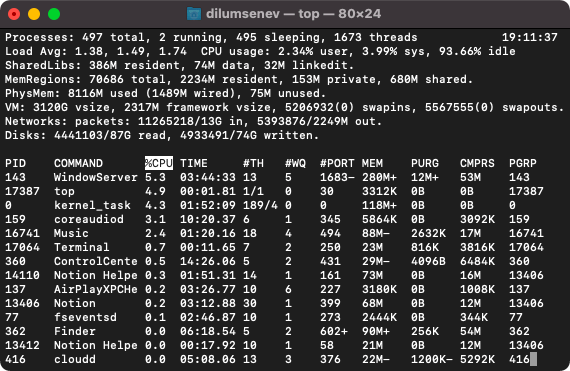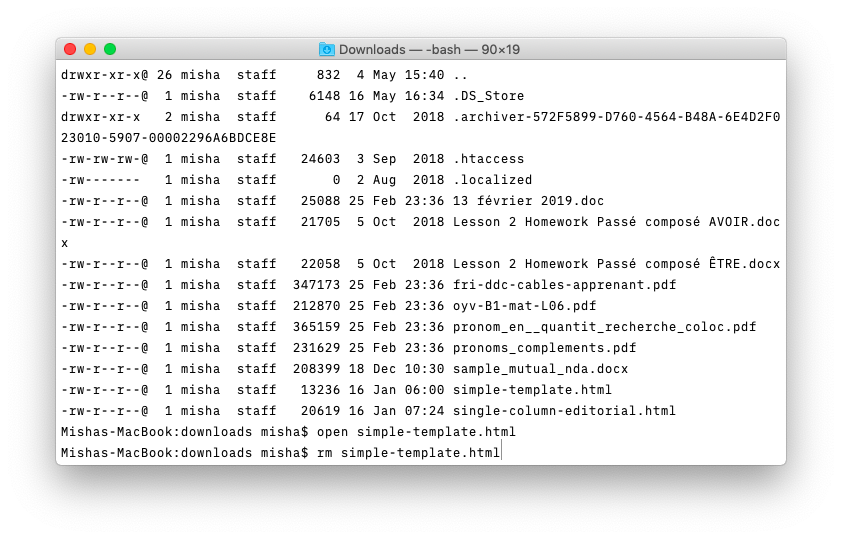


It is better to have a static picture as your desktop background if performance is important. While entertaining, an animated desktop background steals cycles from other processes on your Mac.Avoid using an animated desktop background.The actual settings these utilities change are already available in Mac OS X but are "hidden" as there is currently no provision for changing them in System Preferences. Tools such as Cocktail and TinkerTool provide options to disable effects, such as zoom and rectangle, that appear when windows and files are opened and closed.
 Deselect the Animate Opening Applications option. Select Scale Effect in the Minimize Using field. You can gain some speed by avoiding the eye candy. While I imagine everyone is impressed the first time they see a window minimized to the Dock with the Genie effect, this entertainment has a performance cost. For advice on increasing the available space on your hard drive, see our "Freeing space on your Mac OS X startup disk" FAQ. See our "Problems from insufficient RAM and free hard disk space" FAQ to determine if you have sufficient RAM and free disk space to get the best performance from Mac OS X. If you startup disk is nearly full, your Mac's performance will degrade considerably. Mac OS X makes extensive use of Virtual Memory (VM), which requires free disk space on your startup disk, aka your boot volume. Maintain ample free space on your startup disk Install the maximum amount of RAM that your Mac will accept and your budget will allow. Short of buying a new Mac or a processor upgrade, adding RAM is the best way to improve Mac OS X performance. Optimizing Mac OS X performance RAM, RAM, and more RAM Comprehensive advice on this topic can be found in the "Performance" chapter of our book Troubleshooting Mac OS X. Additionally, it provides advice and links to advice for troubleshooting certain Mac OS X performance problems. This FAQ provides recommendations for optimizing Mac® OS X performance.
Deselect the Animate Opening Applications option. Select Scale Effect in the Minimize Using field. You can gain some speed by avoiding the eye candy. While I imagine everyone is impressed the first time they see a window minimized to the Dock with the Genie effect, this entertainment has a performance cost. For advice on increasing the available space on your hard drive, see our "Freeing space on your Mac OS X startup disk" FAQ. See our "Problems from insufficient RAM and free hard disk space" FAQ to determine if you have sufficient RAM and free disk space to get the best performance from Mac OS X. If you startup disk is nearly full, your Mac's performance will degrade considerably. Mac OS X makes extensive use of Virtual Memory (VM), which requires free disk space on your startup disk, aka your boot volume. Maintain ample free space on your startup disk Install the maximum amount of RAM that your Mac will accept and your budget will allow. Short of buying a new Mac or a processor upgrade, adding RAM is the best way to improve Mac OS X performance. Optimizing Mac OS X performance RAM, RAM, and more RAM Comprehensive advice on this topic can be found in the "Performance" chapter of our book Troubleshooting Mac OS X. Additionally, it provides advice and links to advice for troubleshooting certain Mac OS X performance problems. This FAQ provides recommendations for optimizing Mac® OS X performance.







 0 kommentar(er)
0 kommentar(er)
